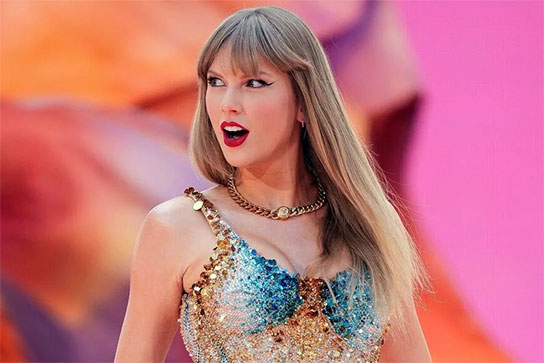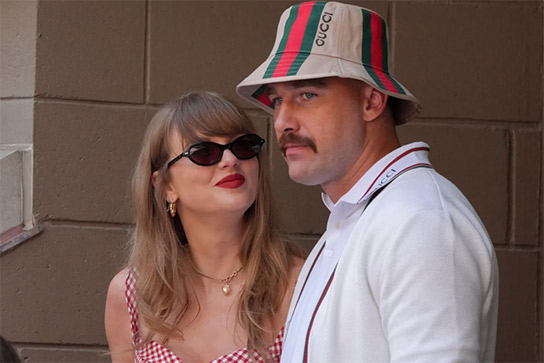Olympics by far can be called the oldest living secular tradition of the world. First recorded Olympics were held in 776 B.C, although people relate the origin of this festival to other fairs going on in the ancient Greece for around five hundred years. The games were organised in a village called Olympia and were dedicated to the Zeus, the father of Gods. The event was held after a gap of four years called the ‘Olympiad.’ Interestingly, the ancient Greeks based their chronology upon this period. Only Greek nationals were allowed to participate in the games. The first few editions of the games included only a single foot race. The length of the race was fixed to one stadium length, due to the belief that Hercules could negotiate that distance in a single breath. It is commonly believed that ‘Coroebus of Elis’ was the first lucky winner. Gradually, other races of varying lengths were added. Over the years, disciplines like chariot racing, javelin throw, boxing and wrestling became part of the Olympics.
 A branch of wild olive was handed out to the winners of various events. However, there were other perks and privileges associated with winning an Olympic medal. The winners were held in esteem by the governments of all the city-states. The athletes had to arrive at the venue at least one month in advance and were quarantined from the common populace. They were made to undergo intensive mental, moral and physical training under the watchful eyes of the supervisors of the games to instil confidence and sportsmanship among them. The athletes used to run nude at the games and women were barred from witnessing the events. Another remarkable feature of the ancient Olympics was that athletes were given to and fro passes by the city-states, to participate in the games even during their political hostilities, as the Greeks regarded participation in the games, a sacred affair.
A branch of wild olive was handed out to the winners of various events. However, there were other perks and privileges associated with winning an Olympic medal. The winners were held in esteem by the governments of all the city-states. The athletes had to arrive at the venue at least one month in advance and were quarantined from the common populace. They were made to undergo intensive mental, moral and physical training under the watchful eyes of the supervisors of the games to instil confidence and sportsmanship among them. The athletes used to run nude at the games and women were barred from witnessing the events. Another remarkable feature of the ancient Olympics was that athletes were given to and fro passes by the city-states, to participate in the games even during their political hostilities, as the Greeks regarded participation in the games, a sacred affair.
The popularity of the games assumed such heights that around 5th century B.C., people from such far of lands like Arabia and Africa came to witness the competition. Such great personalities of Greece as Plato, Pythagoras, and Diogenes had graced the Olympics with their presence at different times.
 But the rise of the Roman Empire spelled doom of the ancient Olympic movement. The gory spectacles of slaves fighting the starved animals replaced the spectacular scenes of enthusiastic, freedom loving athletes competing against each other. The stadium at Olympia was virtually turned into an amphitheatre. The going ons at Olympia hit such a low that Emperor Theodosius in 386 A. D finally banned the games. Then with an intermission that lasted fifteen hundred years, the Olympic flame was again lit up in its modern avatar largely due to the efforts of Frenchman Mr. Coubertin. Being an avid sports person himself, Coubertin realised the importance of sports in creating a sound society. He held hectic parleys with the governments of various countries to revive the Olympic games. Finally, he managed to create the International Olympic Committee in 1894 and it was decided to hold the first games at Athens in 1896. The King of Greece had inaugurated the first modern Olympic games on April 5, 1896.
But the rise of the Roman Empire spelled doom of the ancient Olympic movement. The gory spectacles of slaves fighting the starved animals replaced the spectacular scenes of enthusiastic, freedom loving athletes competing against each other. The stadium at Olympia was virtually turned into an amphitheatre. The going ons at Olympia hit such a low that Emperor Theodosius in 386 A. D finally banned the games. Then with an intermission that lasted fifteen hundred years, the Olympic flame was again lit up in its modern avatar largely due to the efforts of Frenchman Mr. Coubertin. Being an avid sports person himself, Coubertin realised the importance of sports in creating a sound society. He held hectic parleys with the governments of various countries to revive the Olympic games. Finally, he managed to create the International Olympic Committee in 1894 and it was decided to hold the first games at Athens in 1896. The King of Greece had inaugurated the first modern Olympic games on April 5, 1896.
Since then, as we know the Olympic movement has grown from strength to strength surviving the political exigencies of the two world wars and then the cold war. Olympics now have become an imperishable part of the modern civilisation. May its motto of ‘Citius, Altius Fortius’; meaning ‘Faster, Higher and Stronger’ keep on inspiring future generations of athletes to compete and excel.






